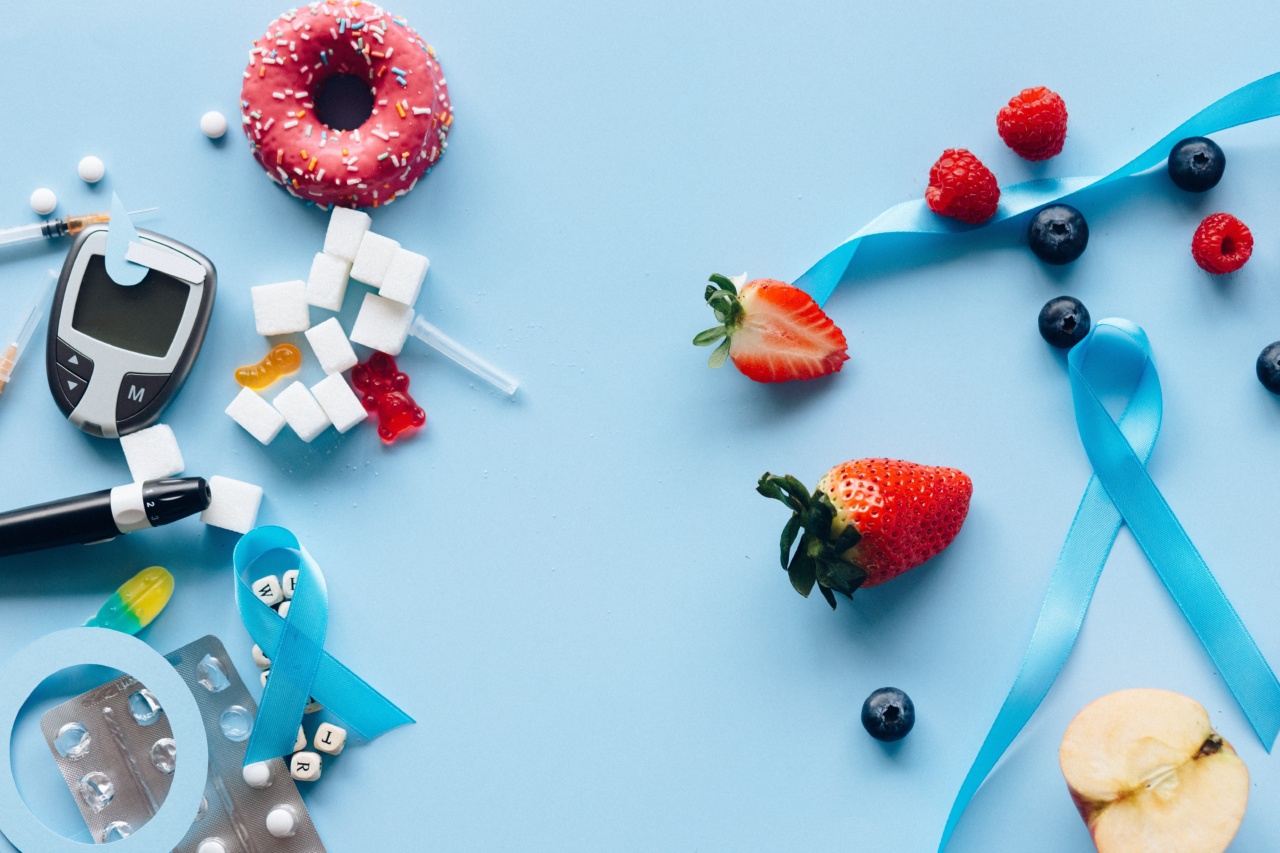Heart disease is the leading cause of death worldwide. It occurs when the arteries that supply blood to the heart become narrow or blocked, leading to heart attacks, arrhythmias, or heart failure.
While several factors contribute to heart disease, such as genetics and lifestyle choices, diet is one of the major modifiable risk factors. In this article, we will provide you with a visual guide of the foods that cause heart disease.
Salt
Salt is a common ingredient in most processed foods, from snacks to frozen foods. However, consuming too much salt can lead to high blood pressure, a major risk factor for heart disease.
According to the American Heart Association, adults should limit their sodium intake to no more than 2,300 milligrams (mg) per day, which is equivalent to a teaspoon of salt. People with high blood pressure or other heart diseases should aim for no more than 1,500 mg of sodium per day.
To reduce your salt intake, try cooking at home with fresh herbs and spices instead of using packaged seasonings, and read the nutrition labels of the products you buy.
Sugar
Excess sugar consumption is linked to many health problems, including obesity, metabolic disorders, and type 2 diabetes. However, it is also a known risk factor for heart disease.
Consuming too much sugar can raise your blood sugar levels and increase your risk of developing insulin resistance and inflammation, which can damage your blood vessels and increase the risk of heart disease. To avoid excessive sugar consumption, read the labels of the products you buy and aim to consume no more than 25 grams of added sugar per day, which is equivalent to 6 teaspoons.
Saturated and Trans Fats
Saturated and trans fats are two types of unhealthy fats that can raise your LDL (bad) cholesterol levels and increase the risk of heart disease.
Saturated fats are commonly found in animal products, such as meat, butter, and cheese, while trans fats are found in processed foods, such as cookies, donuts, and fried foods. To reduce your intake of unhealthy fats, choose lean cuts of meat, low-fat dairy products, and healthy oils, such as olive oil or canola oil. Avoid processed foods, baked goods, and fried foods that contain trans fats.
Red and Processed Meat
Red and processed meat are high in cholesterol, saturated fat, and sodium, all of which are linked to heart disease. Red meat includes beef, pork, and lamb, while processed meat includes bacon, sausage, and deli meats.
Consuming red and processed meats can elevate your LDL (bad) cholesterol levels, increase inflammation, and raise your risk of heart disease. To reduce your consumption of red and processed meats, try replacing them with plant-based proteins, such as beans, lentils, nuts, and seeds.
Alcohol
While moderate alcohol consumption has been associated with a reduced risk of heart disease, excessive drinking can have the opposite effect.
Consuming too much alcohol can raise your blood pressure, increase your triglyceride levels, and damage your heart muscles, leading to heart failure. The American Heart Association recommends that men should consume no more than two drinks per day, while women should limit their intake to one drink per day. If you do not drink alcohol, do not start for the sake of your heart health.
Caffeine
Caffeine is a natural stimulant found in coffee, tea, and chocolate. While caffeine consumption is generally safe for most people, it can have negative effects on some individuals, such as raising their blood pressure or causing irregular heartbeats.
To reduce your risk of heart disease, it is recommended that you limit your caffeine intake to no more than 400 milligrams per day, which is equivalent to three to four cups of coffee.
Soybean Oil
Soybean oil is a commonly used vegetable oil that is high in omega-6 fatty acids.
While omega-6 fatty acids are essential for our health, consuming too much of them can increase inflammation, which can damage your blood vessels and increase your risk of heart disease. To reduce your intake of soybean oil, avoid processed foods, such as salad dressings, mayonnaise, and snack foods, that contain it. Instead, choose healthy oils, such as olive oil, coconut oil, or avocado oil.
Refined Carbohydrates
Refined carbohydrates, such as white bread, white rice, and sugary cereals, are high in added sugars and low in fiber, which can cause spikes in your blood sugar levels and increase your risk of developing insulin resistance, obesity, and heart disease. To reduce your intake of refined carbohydrates, choose whole grains, such as brown rice, quinoa, and oats, and limit your consumption of sugary drinks and snacks.
Soda and Sugary Drinks
Soda and other sugary drinks, such as fruit juices and sports drinks, are high in added sugars and calories, which can lead to weight gain, high blood pressure, and increased risk of heart disease.
To quench your thirst, choose water, tea, or unsweetened beverages instead of sugary drinks.
Salt-Laden Snacks
Snacks that are high in salt, such as chips, pretzels, and crackers, are not only addictive but can also increase your risk of heart disease by raising your blood pressure.
Instead of reaching for salt-laden snacks, choose healthy alternatives, such as fresh fruits, vegetables, popcorn, or nuts.


























